The Horizon Organization of Parents & Staff
"Happy Staff = Happy Students."
The Horizon Organization of Parents & Staff (HOPS) has been a formal 501(c)3 organization since June of 2020. By obtaining formal non-profit status, it allows the organization to support and allocate funds to the staff at Horizon Elementary at the Board and Member's discretion.
While you might consider HOPS a "traditional PTO," in reality, the existence of HOPS is to create a reciprocal relationship between the families of students at Horizon Elementary and the Teachers and Staff at the building level. The ultimate goal is to put families in motion, helping fundraise and supply the teachers and staff who are educating their elementary schoolers, so that these young children have a strong base for the rest of their educational career - and hopefully spur them toward becoming involved and helpful members of society.
In addition, we hope that these young students will see their parents and caretaker's willingness to contribute and advocate for their community - planting a seed that volunteerism and community involvement is important as they grow.
At Horizon, we are aware that traditional "PTO's" tend to get a bad reputation - and actively work to repel any of those negative assumptions through proactive work at uniting families, teachers, staff and community businesses.
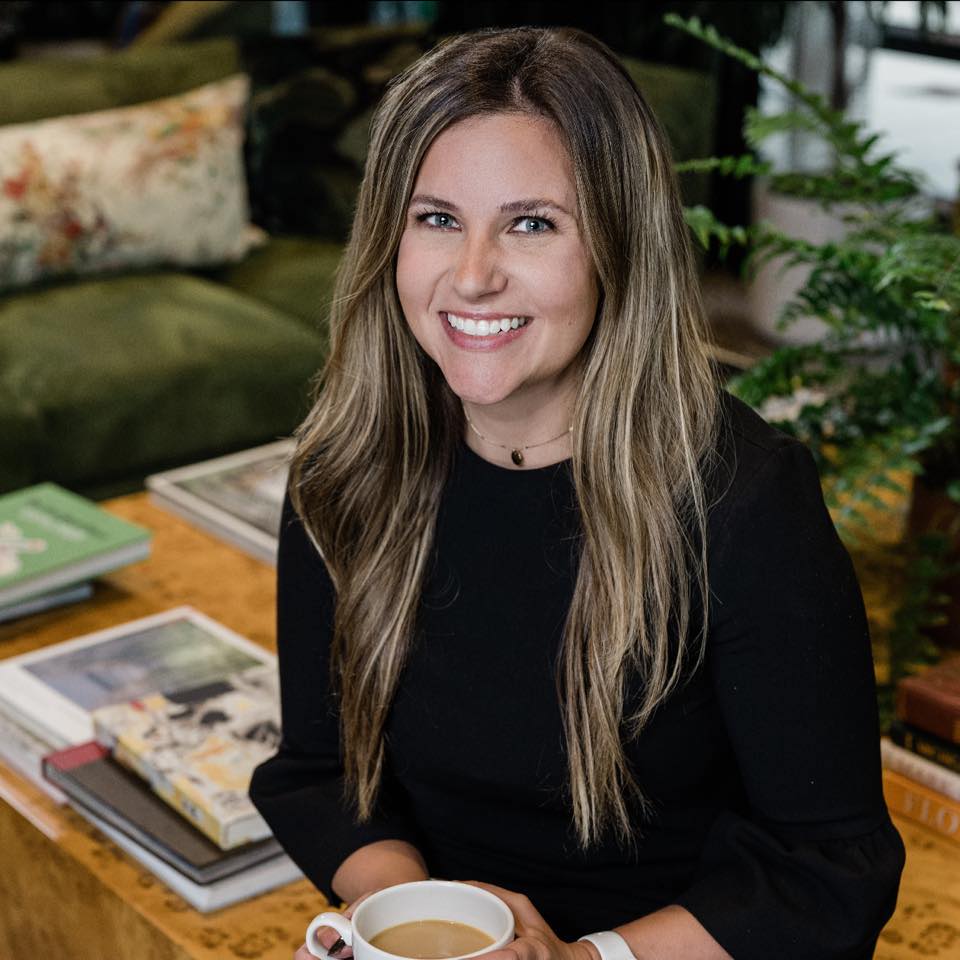
From 2025-26 Board President, Theresa Casey
(Has a 4th Grader, 2nd Grader and Kindergartener at Horizon.)
As a former homeschooled "kid" through elementary school, who then graduated from a small private high school - you might think that my husband and I would choose to "school" our children the same way.
However, It's because of my own experiences in both the homeschool and private school environment that I feel so passionate about supporting the public school system.
While every parent or caretaker should have the right to school their children in any way they feel appropriate, I personally see an incredible value in the opportunity that public school gives our students today.
In our current culture, connecting with our immediate community members is incredibly difficult to do. Since 2020, it's become even more common for families and adults to stay inside, stay home and keep to themselves. However, we've also become a more depressed, more anxious and a more pessimistic society because of it.
I believe that the public school not only gives our students the opportunity to connect with other children right in their own backyard - it gives them the opportunity to learn how to interact with people who are different from them: different backgrounds, lifestyles, belief systems, socio-economic status and abilities. It builds empathy, social awareness and the chance for students to learn how to advocate for what they believe, who they are and do so while befriending those who may think completely differently than they do.
I once told some friends recently that if I wanted my students to be around people just like them, who believed what they believe, looked how they looked and never had to worry about disagreeing with anyone - I'd send them to private school or homeschool them. But I don't want that for my kids. Because once they are in the "real" world, they'll be met with the realities of our society - that people are greatly different than they are, look different, act differently, believe different things - and that they'll need to know where they stand in the midst of it all. And what better place to learn how to do that, then in a public school environment where they can face difficult situations while still having the safe space of school and home.
While you could argue that the public school system is "unsafe" or that the educational system is simply there to push one agenda or another - I've found that these ideas, particularly at Horizon Elementary, are simply blanket statements from those who have never really taken the time to invest in getting to know the school or staff in the first place.
I can't speak for every public school, but I can tell you that at Horizon, it's simply filled with adults just like me and you - trying their very best to make sure elementary students can read, write and do simple math. That's it.
It's a far less scary place than any mainstream media, government officials or even other community members would like you to believe.
My motto in the past year, and into this coming school year, has been "Happy Staff = Happy Students." And it stems from a conversation I had with one of my best friends from college in the summer of '24.
My friend had never intended to become a school administrator, but life took her that way. In the past decade, she's taught and helped run three high schools that were in some of the more difficult areas of the United States: Inner-city Indianapolis, Gary, IN and rural Colorado. To give you an idea, during her time in Indianapolis, she would spend evenings driving around the city, picking up students who were wandering the streets late at night, and driving them home to make sure they got to bed. She's just that type of person.
She was asked to become the Principal for a school that had a strong history of violence, drug use and bringing weapons to school. She took the job, and by the end of the year, the school had the highest testing scores in the district - and you no longer had to fear an encounter with violence or weapons if you walked through the halls.
"What did you tell the parents to get them to start getting their kids to behave?" I asked her, assuming she must have done something to motivate them to discipline better or become more involved.
"It had nothing to do with the parents," she replied, "It was all the teachers."
I was baffled. Her explanation was that while there is really very little that staff can do to control families and how they treat students - the staff can control their own expectations of students and how they treat them.
"There was a strong correlation between teachers who were positive, encouraging but had high expectations for their students - and kept their classroom in line - and teachers who were pessimistic, negative and only assumed the worst about the kids."
She went on to share that students would act completely different in one teacher's class vs. another. That the happier and optimistic teachers had students that listened, respected the learning environment and ended up testing better... while teachers that assumed their students would misbehave, would make passive aggressive comments and assumed students would fail - had students that inevitably did. That year she had invested nearly all of her time coaching and supporting teachers on how to interact better with students and stay positive and encouraging despite challenging situations.
What did this tell me?
That if we want our kids to have a great educational experience, we need to be proactive in our willingness to encourage, support and enable teachers to instruct our students well. Happy teachers create happy students.
To wrap up this long letter; I'd like to invite you to be an active participant in the education of our community's next generation. Help create a space where the staff is supported, that they feel energetic and optimistic about their job - enabling their students to learn, grow and excel.
While the system is complicated - it's also really simple. And it just includes people taking action and being generous, as opposed to simply talking about what needs to change.
I'm looking forward to partnering with you in order to make Horizon Elementary a better place for students, families and staff. Thank you, in advance, for your support!
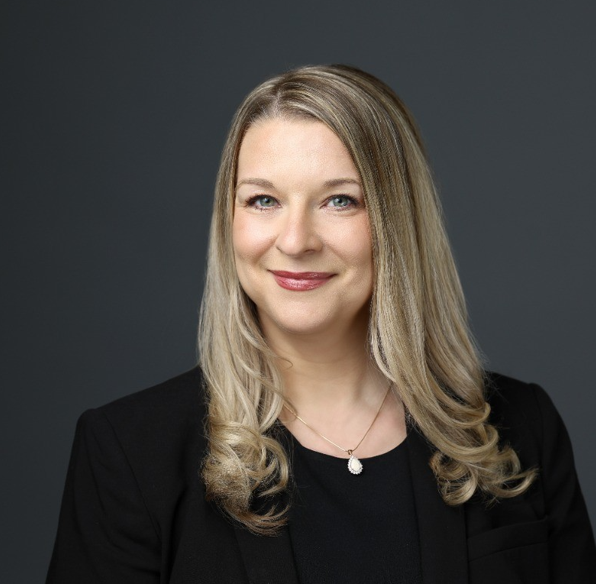
Ann Garant, Vice President
Has a 2nd Grader at Horizon and Preschooler.

Kathryn Kuzenko, Secretary
Has a 1st Grader at Horizon and Preschooler.
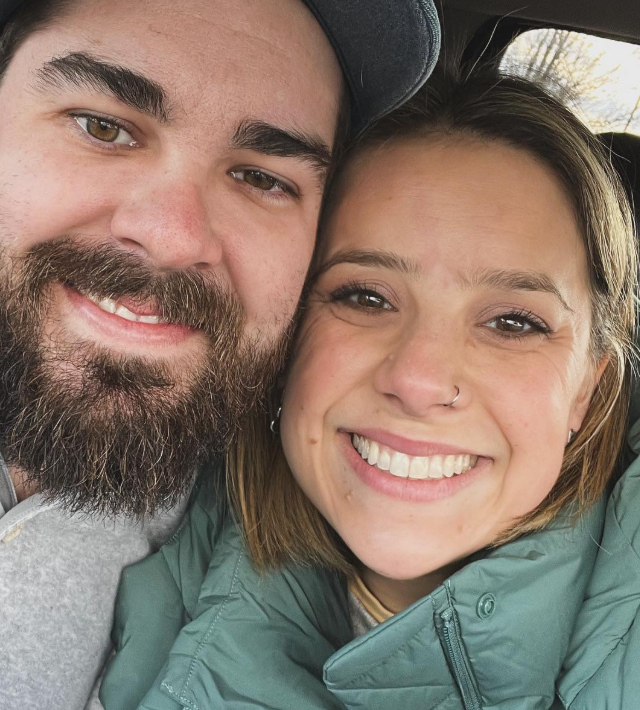
Emily Endres-Bircher, Co-Treasurer
Has a 3rd Grader, 2nd Grader, Kindergartener at Horizon and 3 Year Old.
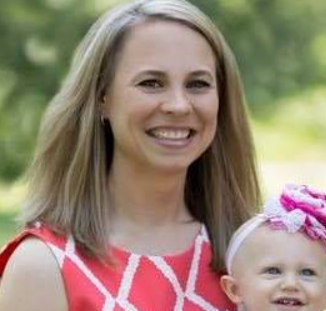
Jenny Binder, Co-Treasurer
Has (2) 4th Graders & (2) 2nd Graders at Horizon.
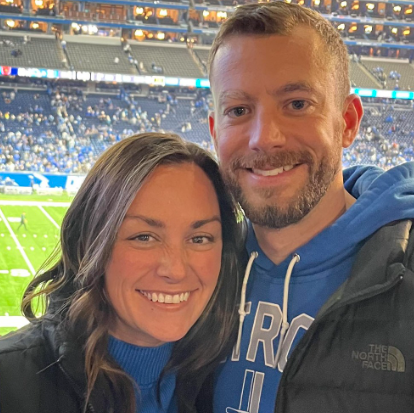
Ashley Farran, Teacher/Staff Liaison
Teaches 1st Grade at Horizon.
Has a 2nd Grader and Kindergartener at Horizon.